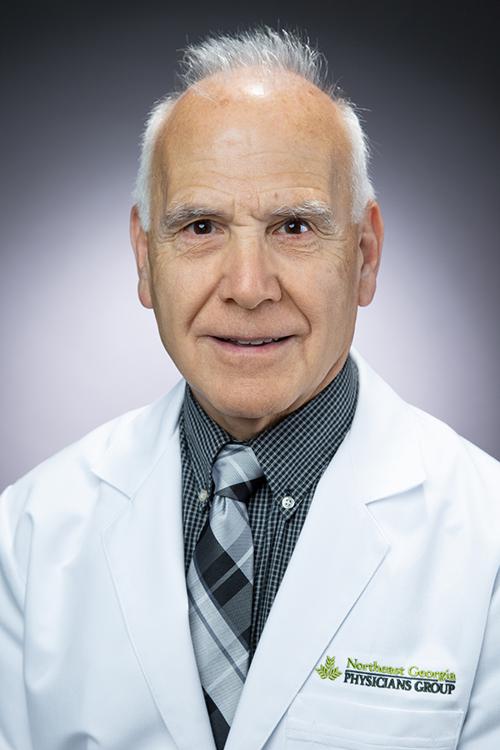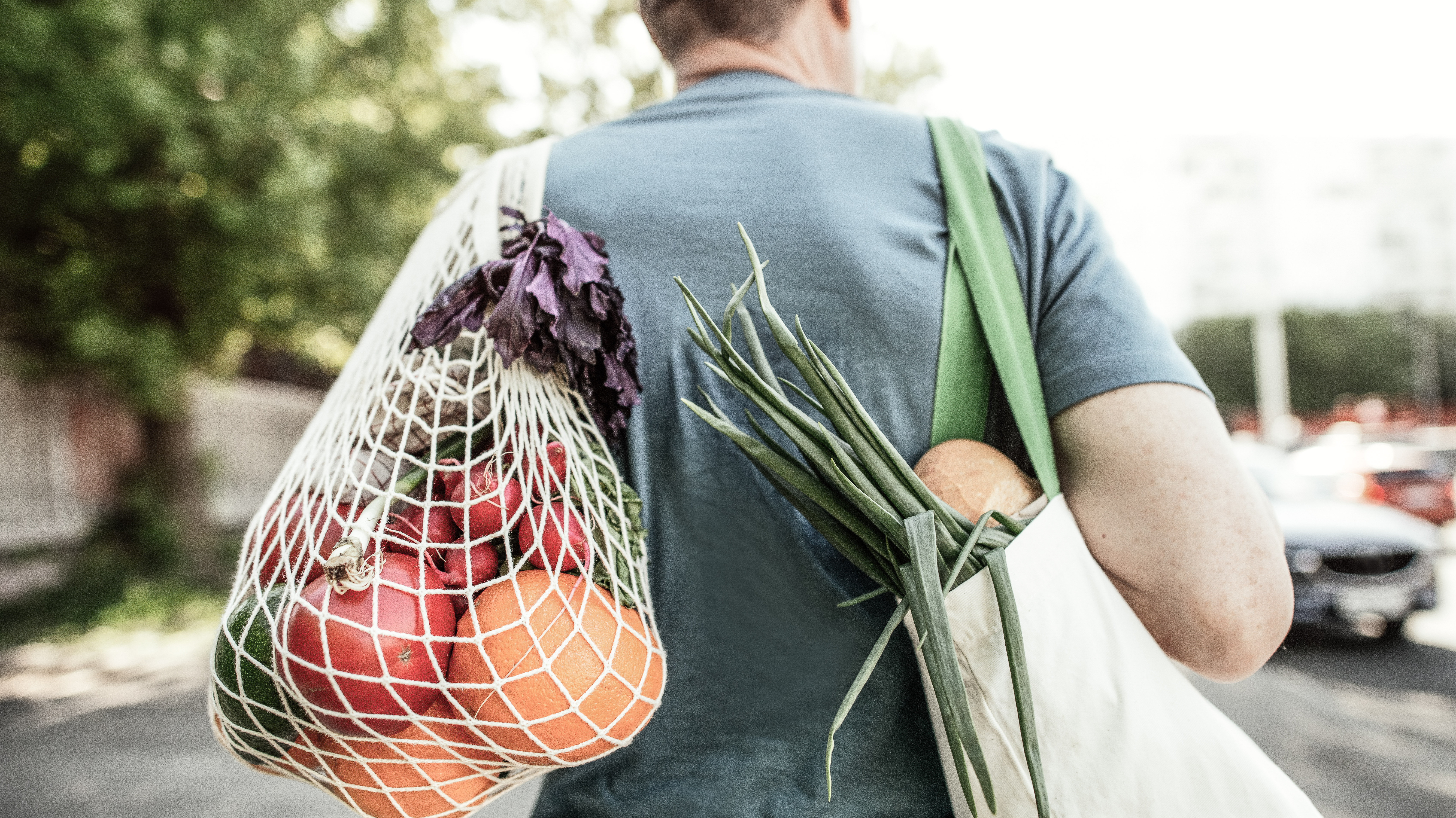Gallbladder pain—often a sharp, cramping sensation in the upper right abdomen—can be sudden, intense, and deeply disruptive. Whether it is caused by gallstones or inflammation, knowing the fastest ways to relieve gallbladder pain can help you feel more comfortable while you seek medical care. While long-term solutions often involve surgery, there are severalimmediate steps you can take to help manage the pain.
Understanding the Source of Gallbladder Pain
Most gallbladder discomfort comes from gallstones, which are hardened deposits of bile that can block the flow of digestive fluids. When a gallstone lodges in the bile duct, it results in a painful condition called biliary colic, which can last from a few minutes to hours. If the obstruction continues, it can lead to cholecystitis, a more severe inflammation that requires immediate medical attention.
Not sure if you are experiencing a gallbladder attack? Gallbladder pain is often described as a sharp, cramping or squeezing sensation in the upper right abdomen that can radiate to the back or shoulder. For more details, I go over what a gallbladder attack feels like in this blog.
Fastest Ways to Relieve Gallbladder Pain
Pain Medication
Over-the-counter medications like ibuprofen or acetaminophen can help reduce inflammation and pain during a gallbladder attack. Ibuprofen works to decrease swelling in the gallbladder, while acetaminophen focuses on blocking pain signals.
These medications work better when taken as directed at the first sign of discomfort. In more severe cases, prescription-strength pain relievers may be necessary. While these only providetemporary relief and do not treat the underlying cause, they can make symptoms manageable until you receive proper care.
Dietary Adjustments
If you’re experiencing gallbladder pain, stop eating fatty foods immediately. Fat triggers the gallbladder to release the bile, which can make an attack worse. A low-fat, high-fiber diet can reduce bile activity and minimize the risk of further attacks. Eating smaller, more frequent meals can also help the gallbladder from working too hard.
- Fruits and vegetables
- Whole grains
- Lean proteins like chicken or fish
- Low-fat dairy
Avoid:
- Fried foods
- Full-fat dairy
- Red and processed meats
- Sugary and refined carbohydrates
Warm Compress
Applying a warm compress or heating pad to the affected area can help relax the muscles and ease discomfort. Heat increases blood flow to the area, which may reduce spasms in the ducts and calm inflammation. Use a warm compress for 15-20 minutes at a time. Always place a cloth between your skin and compress or heating pad to prevent burns.
Stay Hydrated
Drinking plenty of water helps keep bile thin and flowing, which may prevent gallstone formation and ease mild symptoms. Proper hydration also helps your digestive system process food, reducing stress on the gallbladder. Try to drink eight glasses of clear liquids a day, like water, herbal tea or diluted fruit-infused water, and avoid sugary or caffeinated drinks that can worsen symptoms.
Seek Medical Care
If your pain continues or gets worse, seek medical attention right away. Imaging tests, such as ultrasounds or CT scans, can confirm whether gallstones are present. In many cases, the most effective treatment is a cholecystectomy, the surgical removal of the gallbladder. This procedure is frequently performed laparoscopically, leading to a quicker recovery and less scarring. Surgery not only relieves pain but also prevents future attacks caused by gallstones.
When to Go to the ER
You should seek emergency care if you experience:
- Fever or chills
- Persistent nausea or vomiting
- Jaundice (yellowing of the skin or eyes)
- Severe, unrelenting pain
These symptoms may indicate acute cholecystitis, the sudden inflammation of the gallbladder caused by a gallstone blocking the cystic duct, or other complications that require urgent surgery.
Final Thoughts
While there are ways to temporarily relieve gallbladder pain, they are not substitutes for proper diagnosis and treatment. If you’re experiencing recurrent episodes, it’s time to talk to your doctor. In many cases, gallbladder removal is the safest, most effective long-term solution.
At NGHS, our surgical teams perform procedures across all five NGMC hospital campuses. To schedule a consultation, call 770-285-5950 or visit general surgery.



